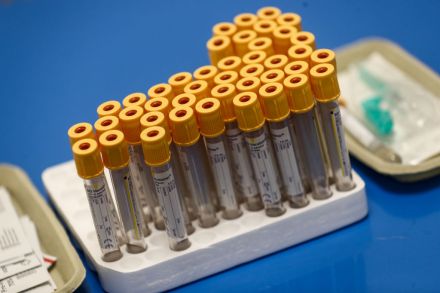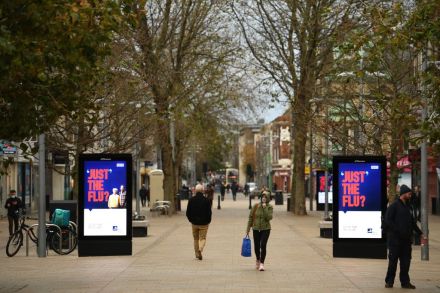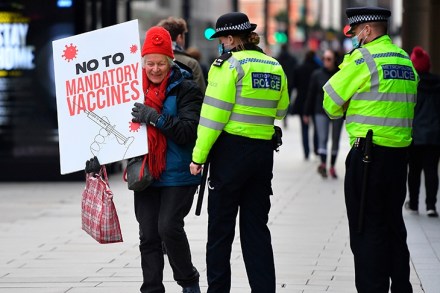What Britain should learn from Israel about booster shots
It’s hard to remember a time when politicians have so publicly put pressure on the Joint Committee on Vaccination and Immunisation. Even the vaccines minister, Nadhim Zahawi, said this week that the booster programme is his ‘absolute priority’ as it will ‘help us to transition the virus from pandemic to endemic status’. So why is the JCVI so against booster jabs in all but the rarest of cases? My understanding is that its thinking has three parts. First, that the UK has not experienced Israel’s waning immunity against infection because we have had a longer gap between doses. Second, the AstraZeneca vaccine, which has been widely used here but not











